Centers, Labs, Groups
In research labs and groups across UVA Engineering, our faculty and students are making discoveries and disseminating their breakthroughs across the globe.
-
Materials Informatics Group
Our group focuses on developing novel informatics approaches to accelerate the search and discovery of new materials.Capabilities- Design space guidance via DFT/ML
- Bayesian learning
- Quantitative structure-property relationships
- Materials Informatics
- Design space guidance via DFT/ML
-
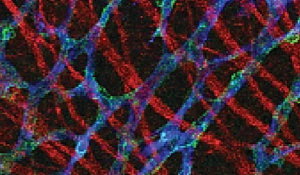
-

MIST Center
The Multi-Functional Integrated System Technology (MIST) Center is a National Science Foundation Industry/University Cooperative Research Center. It's mission is to facilitate integration of novel materials, processes, devices and circuits into multi-functional systems through research partnerships between university, industry and government stakeholders. The UVA site adds expertise in functional materials, solid-state devices, photonics, Terahertz sensing, thermal characterization, multiscale modeling and heterogeneous integration. UVA Site Director: Avik Ghosh. -
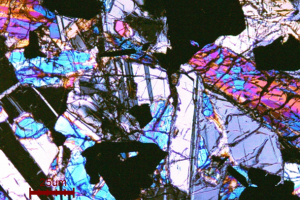
Multiscale Materials Innovation Interest Group
Our group focuses on accelerating multiscale materials innovation through advanced electron microscopy, AI-driven analysis, and core facility engagement. Our community seeks to understand the complex, hierarchical architectures that span the nanoscale to the macroscale. -
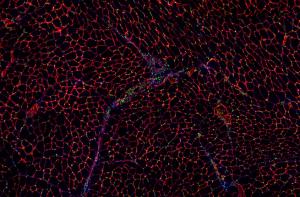
MULTISCALE MUSCLE MECHANOPHYSIOLOGY-M3-lab
he Multiscale Muscle Mechanophysiology (M3) lab is collectively fascinated by skeletal muscles, which are the motors for all the wide range of voluntary movements in the human body. We seek to gain new insights into the form, function, biology, and diseases of muscles in order to improve treatments and quality of life for individuals suffering from muscle-related clinical problems. -
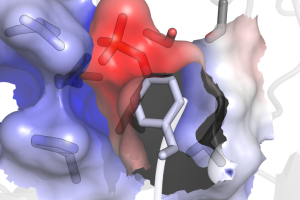
Naegle Research Lab
The Naegle Lab seeks to understand the regulation and function of tyrosine phosphorylation in complex networks. We combine systems biology, computation, and experiments to test predict and test the function of tyrosine phosphorylation in proteins and protein networks. -
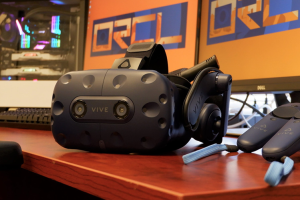
Omni-Reality & Cognition Lab
Dr. Donna Chen of the Omni-Reality & Cognition Lab is dedicated to the education and research of human interaction with infrastructure systems and environments, utilizing alternative (virtual, mixed, and augmented) reality technologies. -
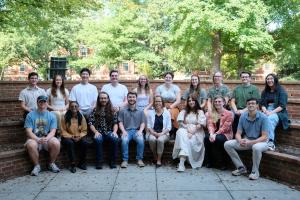
Opila Research Group: Advanced High Temperature Materials
The Advanced High Temperature Materials focuses on cutting-edge ceramics, alloys, and coatings exposed to high temperatures and extreme environments such as hypersonic vehicle wing leading edges and combustion engines. -

Photonic Devices Group
The Photonic Devices Group focuses on developing novel optoelectronic devices with emphasis on photodetectors. The research projects tend to fall into two broad areas: high-sensitivity photodetectors, e.g., avalanche photodiodes and high-power photodiodes. -
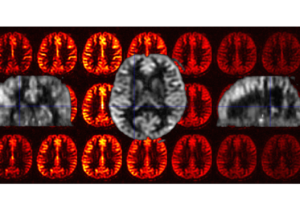
Rapid MRI Research Group
Our research focuses on inventing, developing and applying new magnetic resonance imaging (MRI) techniques, especially techniques that acquire the image data very rapidly and techniques for quantitative image analysis.